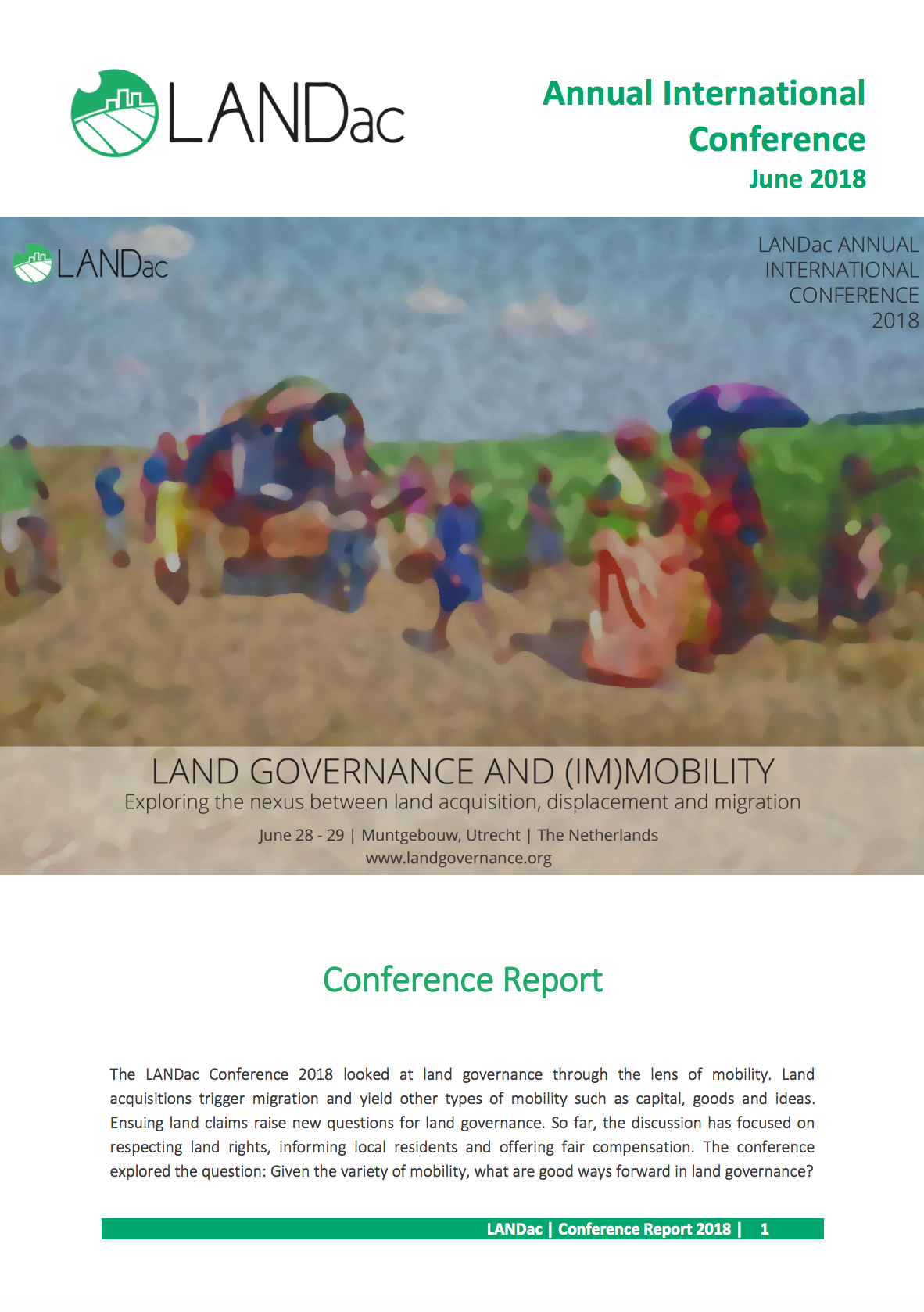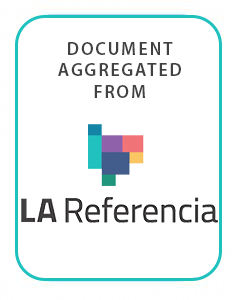LANDac Annual Conference 2018: Conference Report
The LANDac Conference 2018 looked at land governance through the lens of mobility. Land acquisitions trigger migration and yield other types of mobility such as capital, goods and ideas. Ensuing land claims raise new questions for land governance. So far, the discussion has focused on respecting land rights, informing local residents and offering fair compensation. The conference explored the question: Given the variety of mobility, what are good ways forward in land governance?



